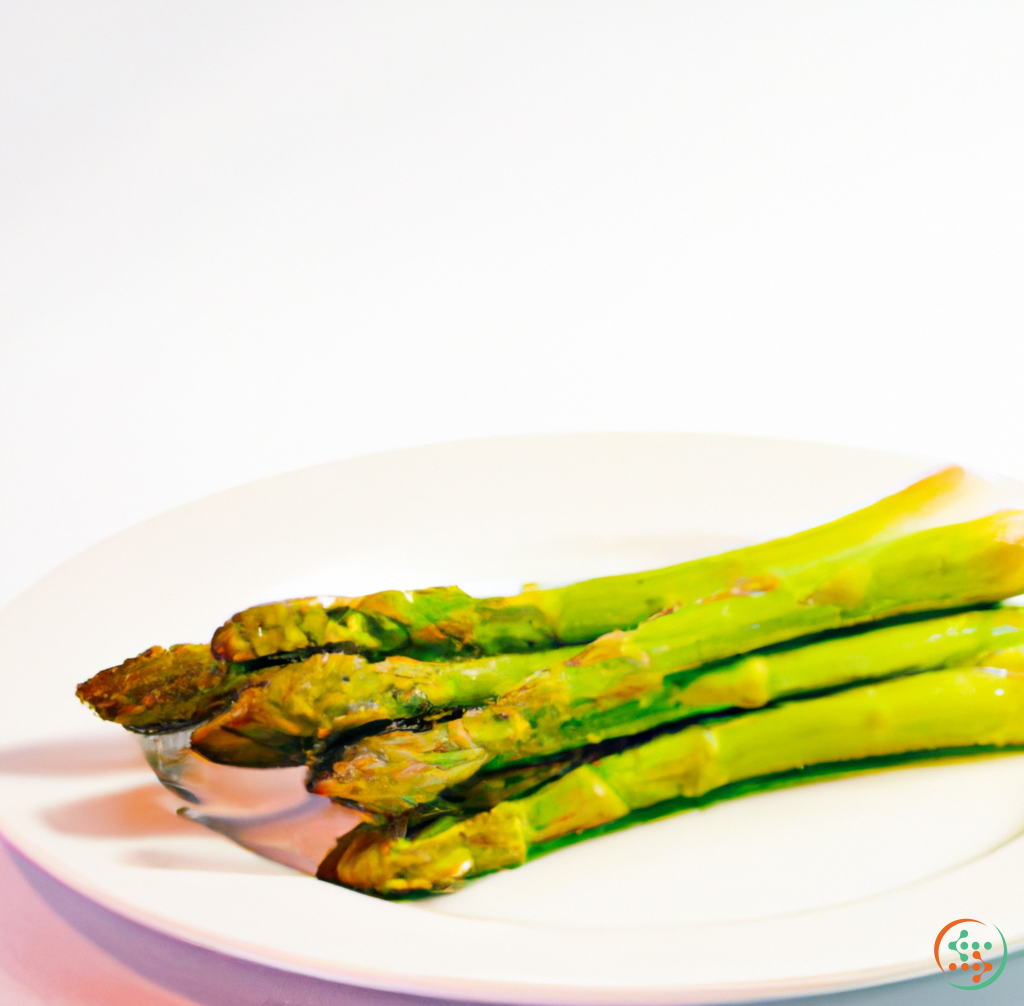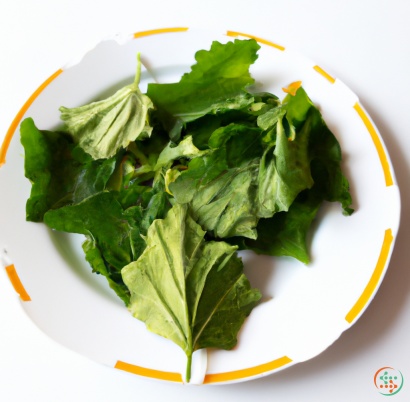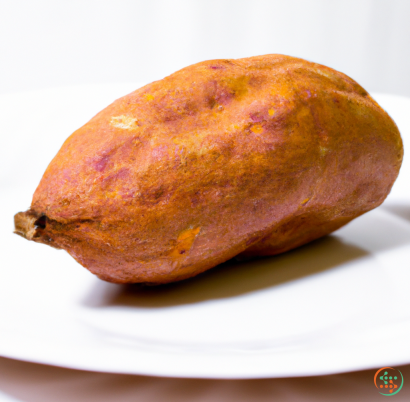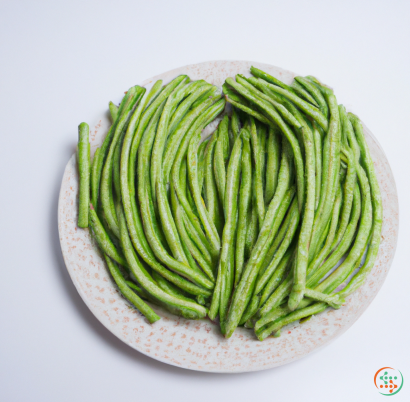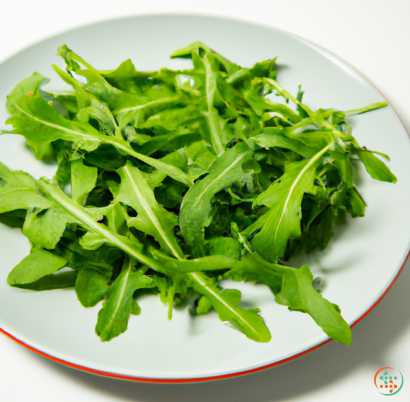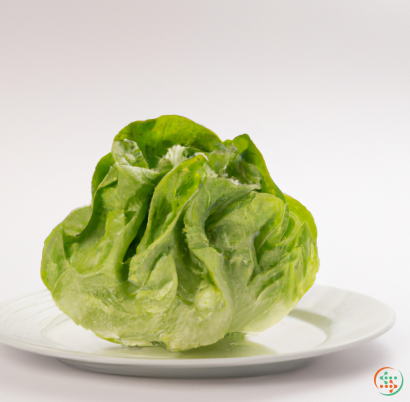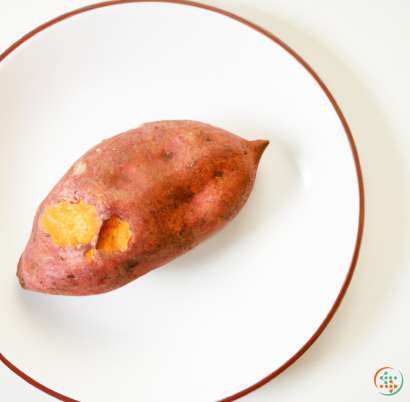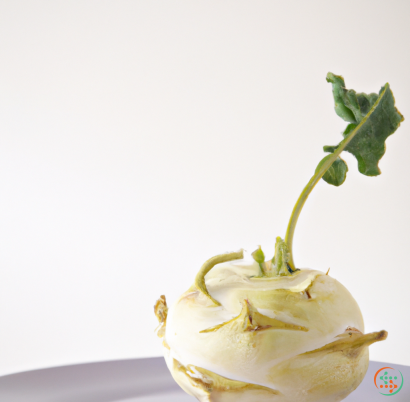Asparagus
Asparagus is one of the most popular and versatile vegetables found in a variety of cuisines around the world. The unique shape and flavor of asparagus makes it a favorite ingredient in many dishes. This bright green vegetable is not only delicious, but highly nutritious. It's packed full of vitamins and minerals, making it a great addition to any healthy diet.
Asparagus is part of the Asparagaceae plant family, and is closely related to the onions, garlic, and leeks. The genus of asparagus consists of around 300 species, which are distributed all across the globe. The most commonly consumed variety is the asparagus officinalis, which has been cultivated for centuries. The asparagus officinalis is native to North Africa, but can also be found in other parts of the world such as China, Europe, and parts of the United States.
The edible portion of the asparagus plant consists of the spears, or stalks. These are young shoots that have emerged from the ground and have not yet developed any leaves. The spears are slender and range from light green to dark purple in color, depending on the variety. The tips of the spears tend to be more tender than the bottoms, and the spears should snap when bent for the best texture and flavor.
When purchasing asparagus, look for bright green spears that are firm to the touch, with no signs of wilting or sliminess. If you can buy bundle of asparagus, select one that has closed, tightly packed tips. For the best flavor and texture, consume asparagus within two to three days of purchase.
Asparagus is incredibly versatile, and can be enjoyed both raw and cooked. It can be roasted, steamed, sautéed, boiled, grilled, pickled, and more. When cooking asparagus, the trick is to cook it just enough so it is tender, but still has a bit of a bite. Asparagus pairs well with other ingredients such as garlic, lemon, butter, and cheese.
The health benefits of asparagus are numerous. It is a good source of many vitamins and minerals, including folate, vitamin A, E, C and K, and potassium. Asparagus is also a good source of dietary fiber, which helps improve digestive health. Additionally, asparagus contains unique antioxidants called saponins, which may have anti-inflammatory and anticancer properties.
In conclusion, asparagus is a delicious and nutritious vegetable. It is a great source of vitamins, minerals, and dietary fiber. Asparagus can be enjoyed both raw and cooked, and is a great addition to a balanced diet. Give this tasty and versatile vegetable a try - you won't be disappointed!
Asparagus: Tracing Its Journey from Seed to Plate
Asparagus has been a vegetable staple in kitchens around the world for centuries, but many people still don’t realize the complexities of getting it from seed to plate. Understanding the journey of asparagus helps us appreciate this delightful vegetable more and ensures farmers continue to successfully cultivate it year after year.
Asparagus Plant Development
The journey of asparagus begins with a seed in the ground. Asparagus seeds are small and black, measuring only a few millimeters in diameter. They are planted around 1/4 to ½ inch deep and covered with soil. Asparagus seeds need plenty of moisture to germinate, so they are typically planted in the spring when there is ample rainfall.
After the seed is planted, it must wait for the right environment before germinating. Often, this means waiting through the colder months of winter before the emergence of the first leaves in the spring. During germination, the seed absorbs water, swells, and breaks open. The seedling then pushes its way through the soil and can absorb nutrients, such as nitrogen and phosphorus, as it grows.
Once the seedling emerges, it’s important that farmers practice successful weed management. This can be done through frequent weeding, mulching around the plants to keep weeds down, and the application of herbicides. As the seedling matures, it develops three-pronged leaves from the base of the plant. These leaves will continue to grow and develop into ferns. The plant can produce round “berries” that are actually its flowers that are pollinated by insects and later drop off for the seed to spread.
Growing Conditions for Asparagus
Asparagus has a long growing season, typically lasting from May through October. To thrive, asparagus needs full sun or at least 6-8 hours of light per day, well-drained soil, and temperatures that are consistently between 55 and 70°F (13-21°C). Farmers create mounds or ridges in the soil to make sure enough warmth and drainage is present. These ridges also provide protection against weeds.
Soil fertility is important for asparagus production. It’s best to use a soil test to determine what deficiencies are present. Asparagus likes soil with a PH of 6.5 to 7.0. Other nutrients, such as nitrogen, phosphorus, and potassium, need to also be in the right proportions in the soil to support optimal growth. Commercial fertilizers, animal manures, or compost can be used to amend the soil and provide essential nutrients for the plant.
Harvesting Asparagus
Harvesting asparagus correctly is essential for long-term success of the plants. Asparagus is usually harvested in mid to late spring. However, the hardiness zone and prevailing weather conditions can affect when the harvesting process begins. Farmers use a sharp knife or clippers to cut the spears near the ferns. The spears are cut close to the ground and can range in size from four to twelve inches (10-30 cm).
Transportation and Storage of Asparagus
Once the asparagus has been harvested, it needs to be transported to markets or grocery stores. It’s important that it is cooled quickly after harvesting and stored properly during transport to preserve its freshness. Asparagus is transported in coolers or refrigerated trucks and should be kept at temperatures of 34-45° F (1-7°C).
It can be stored in baskets, plastic bags, or cardboard boxes lined with moist paper towels to make sure the spears stay crisp. If kept at the right temperatures and moisture levels, asparagus can last up to five days in storage. It is also important that any damaged or wilted spears are discarded immediately to ensure only the highest quality asparagus is available to consumers.
Preparation and Cooking of Asparagus
When asparagus reaches its final destination, either in its raw form or as part of a prepared dish, it’s time to cook. The most popular way to prepare asparagus is to roast, steam, or stir-fry it. Some people also enjoy eating it raw in salads or as a snack. Regardless of the method of cooking, it’s important to remove any tough ends, such as the fibrous stems, before preparing it for consumption.
Eating Asparagus
Asparagus is a delicious and nutritious vegetable that’s enjoyed around the world. All of the work that goes into growing and transporting it pays off when it makes its way to a dinner plate. Its mild flavor and texture makes it a great accompaniment to a variety of dishes and it can even be enjoyed on its own.
Whether it’s served as a side dish or the showcase of the meal, asparagus is sure to delight the palate. Its journey from seed to plate is a reminder of all the hard work that goes into making this flavorful veggie a part of our culinary repertoire.
| Vitamin A | 0.038 mg | |
| Beta-Carotene | 0.449 mg | |
| Alpha-Carotene | 0.009 mg | |
| Vitamin E | 0.00113 grams | |
| Vitamin K | 0.0416 mg | |
| Vitamin C | 0.0056 grams | |
| Vitamin B1 | 0.14 mg | |
| Vitamin B2 | 0.14 mg | |
| Vitamin B3 | 0.98 mg | |
| Vitamin B4 | 0.016 grams | |
| Vitamin B5 | 0.27 mg | |
| Vitamin B6 | 0.09 mg | |
| Vitamin B9 | 0.052 mg |
| Calcium | 0.024 grams |
Daily Value 1.3 g
|
| Iron | 0.00214 grams |
Daily Value 0.018 g
|
| Magnesium | 0.014 grams |
Daily Value 0.4 g
|
| Phosphorus | 0.052 grams |
Daily Value 1.25 g
|
| Potassium | 0.202 grams |
Daily Value 4.7 g
|
| Sodium | 0.002 grams |
Daily Value 2.3 g
|
| Zinc | 0.54 mg |
Daily Value 0.011 g
|
| Copper | 0.19 mg |
Daily Value 0.9 mg
|
| Manganese | 0.16 mg |
Daily Value 0.0023 g
|
| Selenium | 0.0023 mg |
Daily Value 0.055 mg
|
| Tryptophan | 0.027 grams | |
| Threonine | 0.084 grams | |
| Isoleucine | 0.075 grams | |
| Leucine | 0.128 grams | |
| Lysine | 0.104 grams | |
| Methionine | 0.031 grams | |
| Cystine | 0.031 grams | |
| Phenylalanine | 0.075 grams | |
| Tyrosine | 0.052 grams | |
| Valine | 0.115 grams | |
| Arginine | 0.091 grams | |
| Histidine | 0.049 grams | |
| Alanine | 0.115 grams | |
| Aspartic Acid | 0.508 grams | |
| Glutamic Acid | 0.233 grams | |
| Glycine | 0.093 grams | |
| Proline | 0.071 grams | |
| Serine | 0.106 grams |
| Glucose | 0.65 grams |
|
| Fructose | 1. grams |
|
| Sucrose | 0.23 grams |
|
| Total Sugars | 1.9 grams |
per 100g
|
| Palmitic acid (16:0) | 0.04 grams |
|
| Total Saturated fatty acids: | 0.04 g | |
| Linolenic acid (18:3) | 0.01 grams |
|
| Linoleic acid (18:2) | 0.04 grams |
|
| Total Polyunsaturated fatty acids: | 0.05 g | |
| Phytosterols | 0.02 grams |
|
| Total Sterols: | 0.02 g | |
